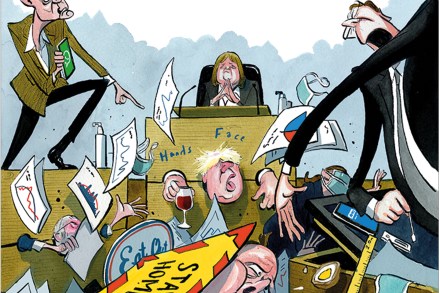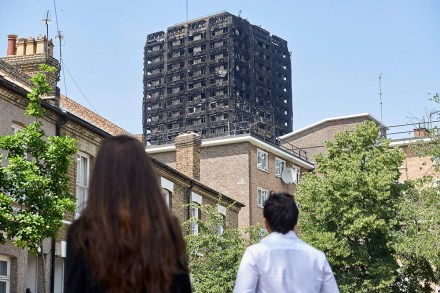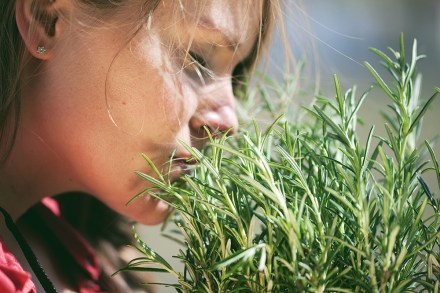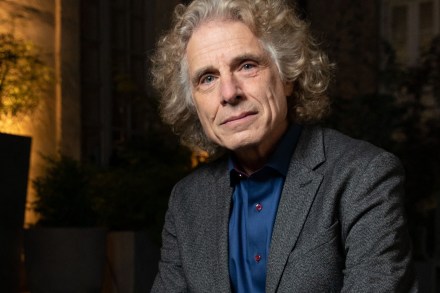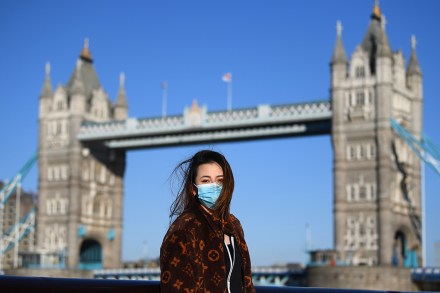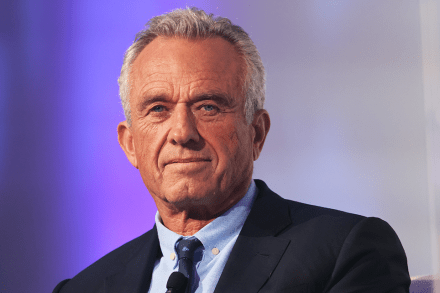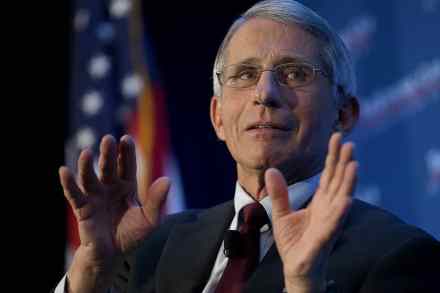The cultification of science
My, how we all laughed. Thirty years ago the physicist Alan Sokal hoaxed a social science journal into publishing a paper ‘liberally salted with nonsense’ (in his own words) that ‘flattered the editors’ ideological preconceptions’. Its title alone gave away the joke: ‘Transgressing the Boundaries: Towards a Transformative Hermeneutics of Quantum Gravity.’ Little did we in the truth-seeking enterprise which is real science realise that verbose and vapid social deconstruction was coming for us too. In a new book, The War on Science, edited by the astrophysicist Lawrence Krauss, 31 scientists and scholars lament the corruption of their field by left-wing ideological nonsense. Whereas once a book with this title





